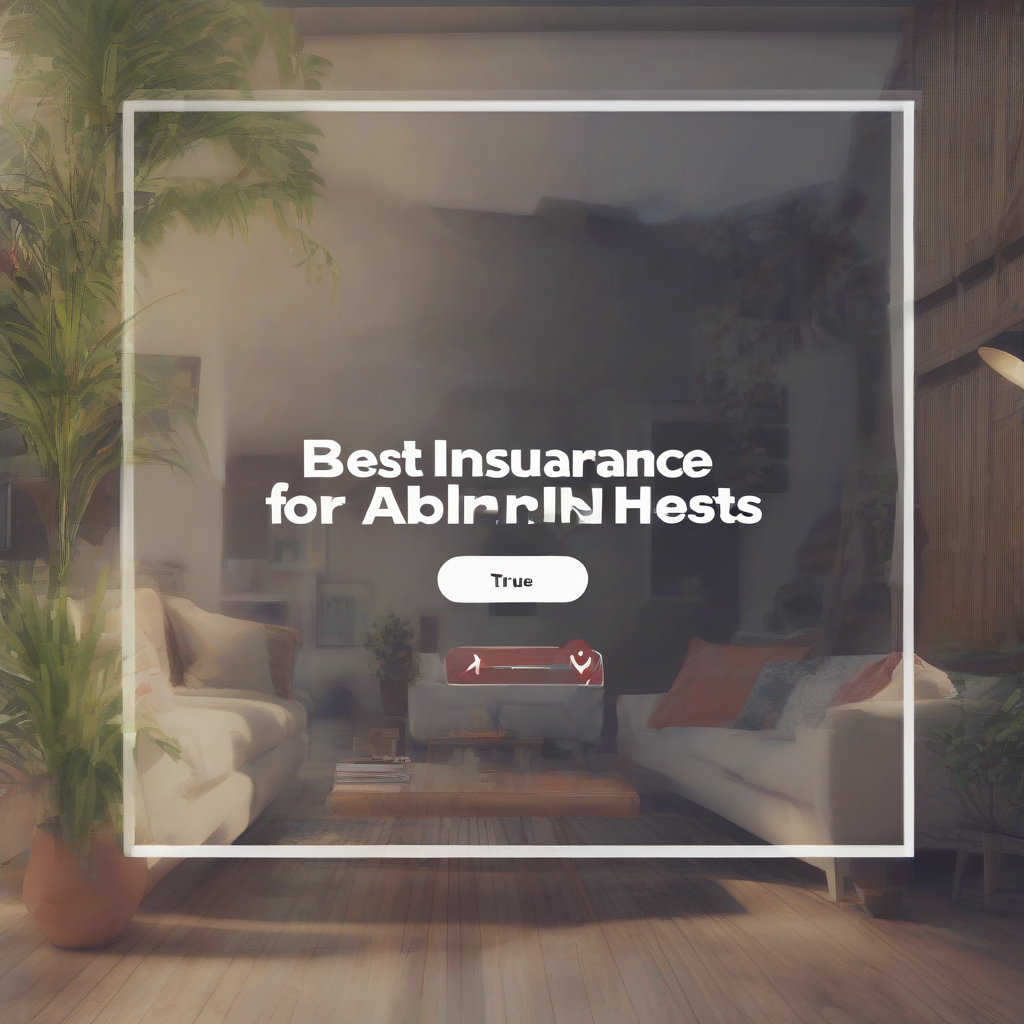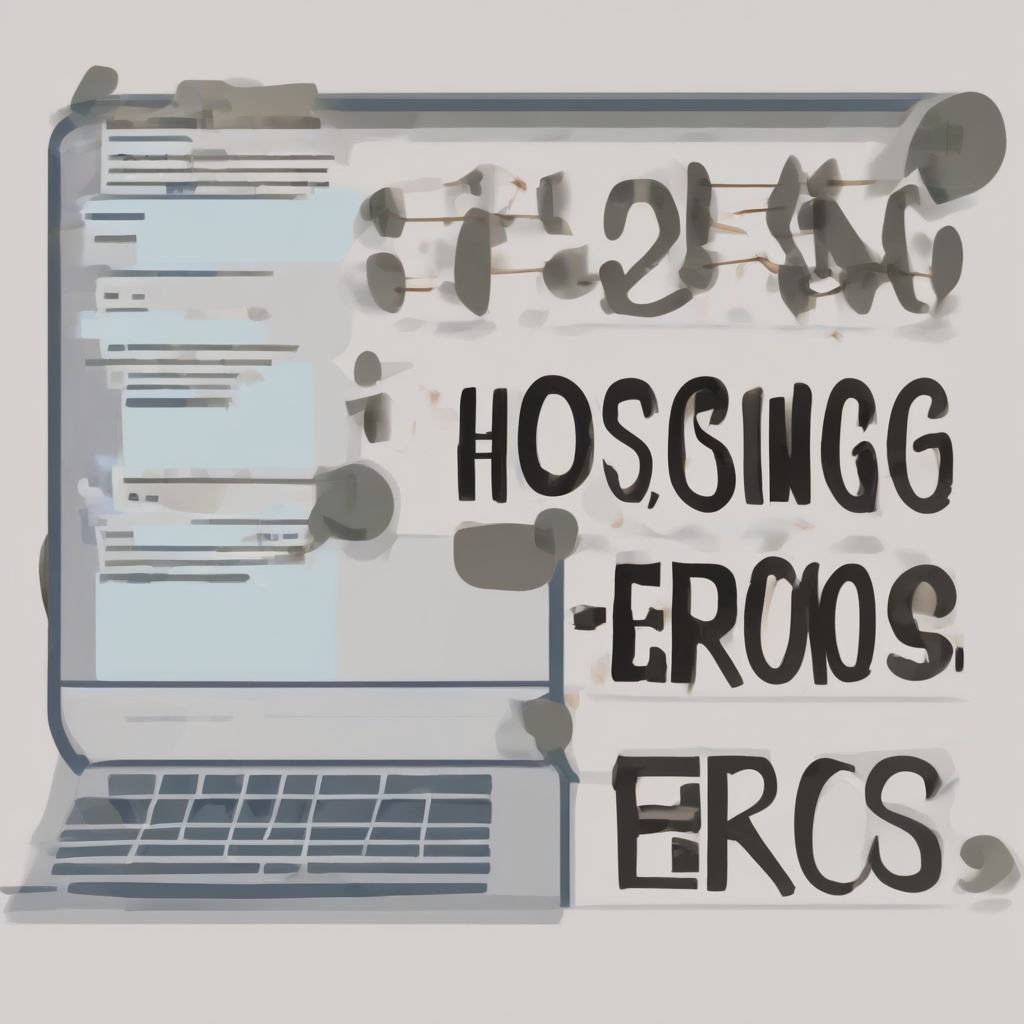Airbnb Host Insurance: A Comprehensive Guide to Finding the Best Protection
Hosting on Airbnb can be a lucrative venture, offering a flexible income stream and the chance to connect with travelers from around the globe. However, it also carries inherent risks. From accidental damage to guest injuries, the potential liabilities can be significant. This is where comprehensive insurance becomes crucial. This guide will delve into the different types of insurance available to Airbnb hosts, helping you navigate the options and choose the best protection for your property and your peace of mind.
Understanding Your Risks as an Airbnb Host
- Property Damage: Guests can accidentally damage your property, from minor scratches to extensive repairs.
- Liability for Guest Injuries: If a guest is injured on your property, you could face a lawsuit.
- Theft: Guests might steal your belongings.
- Loss of Income: Damage to your property may necessitate repairs, forcing you to cancel bookings and lose income.
- Vandalism: Intentional damage to your property can result in costly repairs.
- Unforeseen Circumstances: Events outside your control, like natural disasters, can impact your property and bookings.
Types of Insurance for Airbnb Hosts
Several insurance options cater specifically to the unique needs of Airbnb hosts. Understanding the differences is crucial in selecting the right coverage.
1. Homeowner’s or Renter’s Insurance
Many standard homeowner’s or renter’s insurance policies offer *some* coverage for short-term rentals. However, this coverage is often limited and may not adequately protect you against the specific risks associated with hosting on Airbnb. It’s crucial to review your policy carefully and discuss your Airbnb hosting with your insurance provider. Many standard policies will exclude or severely limit coverage for short term rentals.
- Pros: Often more affordable than specialized policies (if it covers your Airbnb activity).
- Cons: Limited coverage for short-term rentals, potential for claims denials, may not cover liability adequately.
2. Airbnb Host Insurance (Dedicated Policies)
Specialized Airbnb host insurance policies are designed to address the unique risks of short-term rentals. These policies often provide broader coverage than standard homeowner’s or renter’s insurance, including liability protection, property damage coverage, and potentially lost income coverage.
- Pros: Comprehensive coverage tailored to Airbnb hosting, better protection against specific risks, potentially higher payout limits.
- Cons: Typically more expensive than standard policies.
3. Umbrella Liability Insurance
An umbrella liability policy provides additional liability coverage beyond what’s offered by your homeowner’s or renter’s insurance, or your dedicated Airbnb host policy. It’s a valuable supplement to protect you from significant financial losses in case of a major liability claim.
- Pros: Extra layer of protection against high liability claims.
- Cons: Requires having underlying liability coverage (homeowner’s, renter’s, or dedicated Airbnb host insurance).
4. Vacation Rental Insurance
Similar to dedicated Airbnb host insurance, vacation rental insurance provides comprehensive protection for properties used for short-term rentals. It often covers similar aspects as dedicated Airbnb policies, and sometimes even expands coverage to include things like lost income due to cancellations, or even marketing/advertising costs.
- Pros: Tailored to the vacation rental market, broader coverage than standard policies.
- Cons: Can be expensive, may have specific requirements or exclusions.
Factors to Consider When Choosing Airbnb Host Insurance
- Coverage Amounts: Choose policies with coverage limits that adequately protect your assets and liability exposure. Consider the value of your property and the potential cost of repairs or legal fees.
- Types of Coverage: Ensure your policy covers liability, property damage, theft, vandalism, and lost income. Some policies may also include coverage for guest cancellation fees or legal defense costs.
- Deductibles: A higher deductible will result in a lower premium, but you will have to pay more out of pocket in the event of a claim. Weigh the cost savings against your risk tolerance.
- Exclusions: Pay close attention to any exclusions in the policy. Some policies may exclude certain types of damage or specific activities.
- Claims Process: Understand the claims process before purchasing a policy. Look for insurers with a reputation for prompt and fair claims handling.
- Price: Compare premiums from different insurers. While price is a factor, don’t sacrifice adequate coverage for a lower premium.
- Reviews and Reputation: Research the insurer’s reputation and read reviews from other Airbnb hosts to gauge their customer service and claims handling.
- Number of Guests and Properties: If you host multiple properties or frequently have a high number of guests, you may need higher coverage limits.
Tips for Reducing Your Airbnb Hosting Risks
Insurance is a crucial safety net, but proactive risk management can significantly reduce your chances of needing to file a claim.
- Thorough Guest Screening: Implement a robust guest screening process to identify potentially problematic guests.
- Detailed House Rules: Create clear and comprehensive house rules to establish expectations and prevent misunderstandings.
- Regular Property Maintenance: Keep your property in good repair to minimize the risk of accidents or damage.
- Security Measures: Install security measures such as smoke detectors, carbon monoxide detectors, and security cameras.
- High-Quality Photography and Accurate Descriptions: Accurate listings reduce the likelihood of disputes arising from mismatched expectations.
- Comprehensive Check-in/Check-out Procedures: Document the condition of the property carefully before and after each guest’s stay.
- Emergency Contact Information: Make sure guests know how to contact you or emergency services in case of an emergency.
Finding the Right Airbnb Host Insurance
Finding the best insurance for your specific needs requires careful research and comparison. Start by contacting your current homeowner’s or renter’s insurer to see what coverage they offer for short-term rentals. Then, research specialized Airbnb host insurance providers and compare their policies, coverage amounts, and premiums.
Don’t hesitate to contact multiple insurers and ask questions to ensure you understand the details of each policy. Getting quotes from multiple providers allows for a more informed decision.
Conclusion (Omitted as per instructions)




